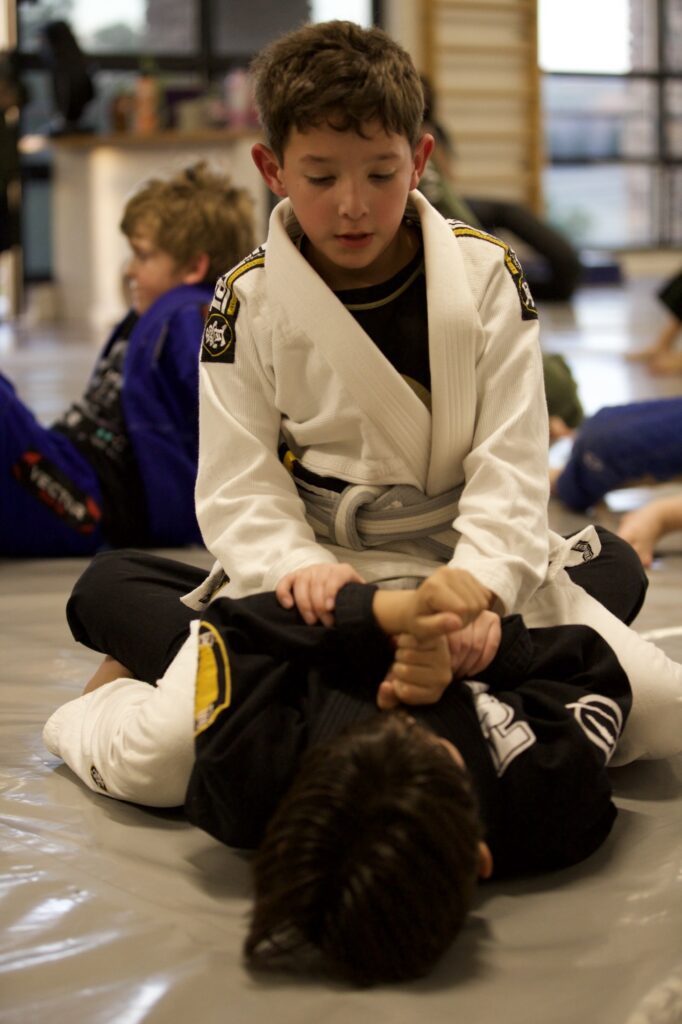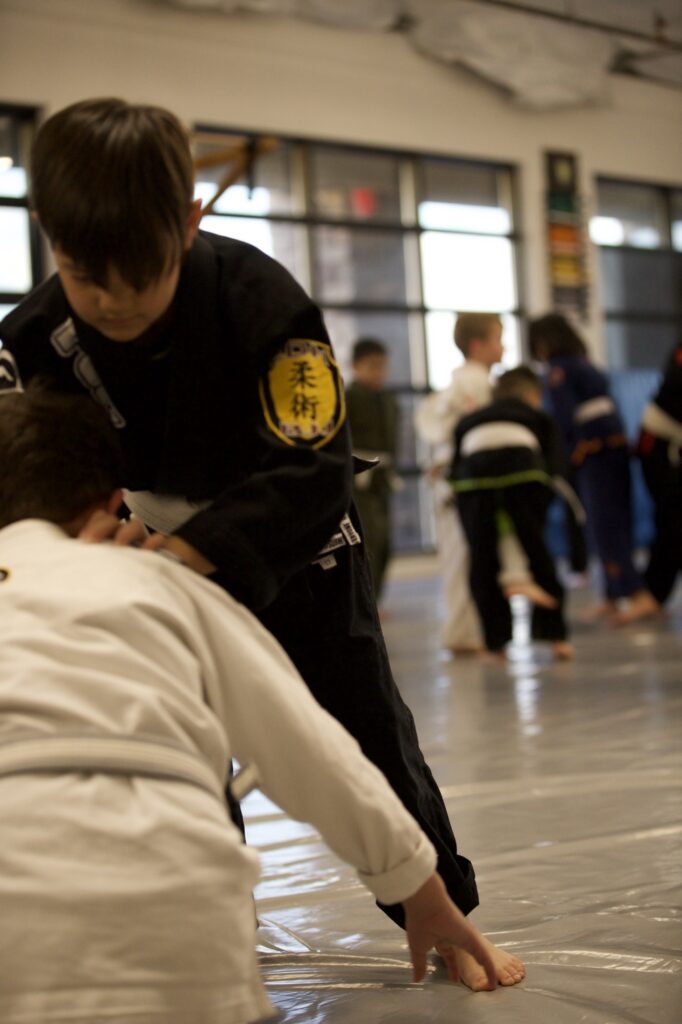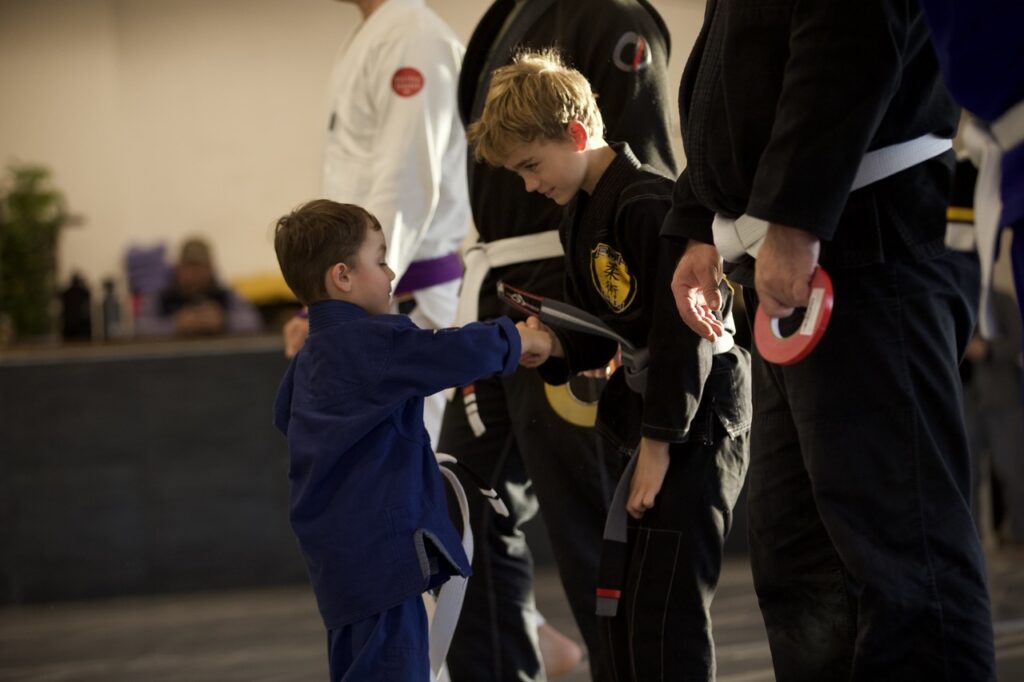*2010 IBJJF Adult No-Gi World Champion Blue Belt
*2019 US Open No-Gi Champion Purple Belt (weight class/absolute)
*2019 US Open Gi Champion Purple Belt (weight class/absolute)
*2019 IBJJF Masters Gi World Champion Purple Belt
*2023 IBJJF Sacramento Open Gi Champion Brown Belt
*2023 IBJJF Sacramento Open No-Gi Champion Brown Belt
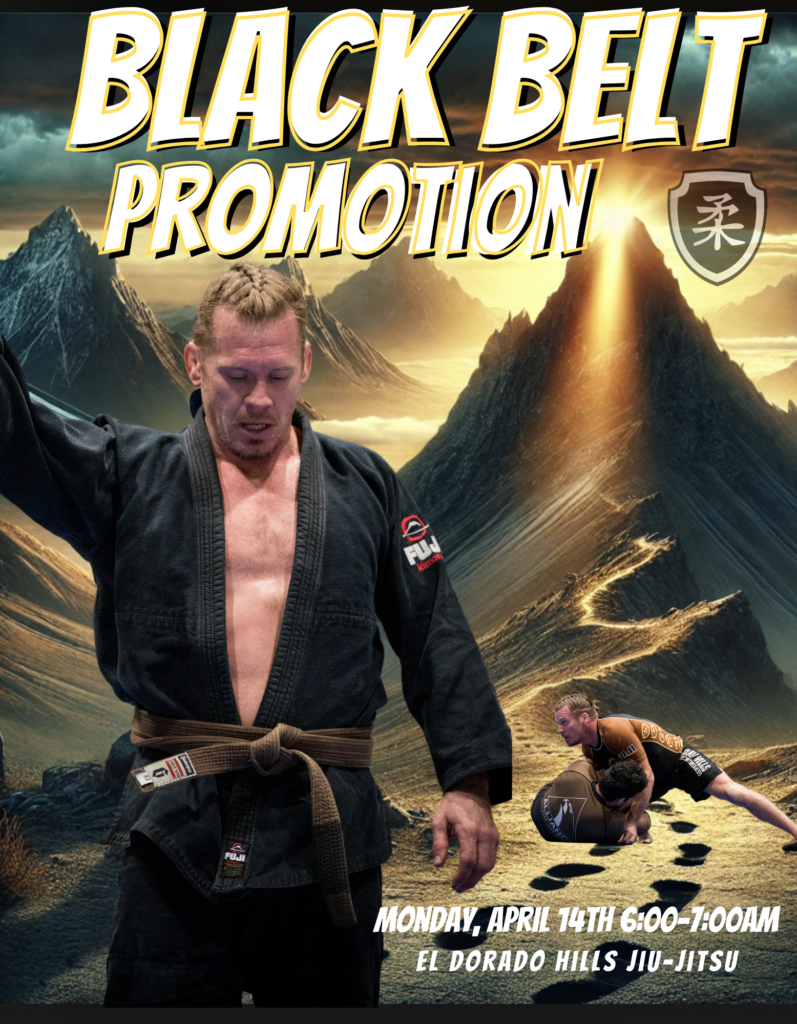
First of all, I want to express my deepest gratitude to Professor Eliot and every member of El Dorado Hills Brazilian Jiu-Jitsu. I could not ask for a more supportive group of people to train, learn, and grow alongside. This moment is the result of 15 years of hard work, struggle, and improvement—not just on the mat, but in every part of my life. Writing here today, thinking about accepting my black belt in Brazilian Jiu-Jitsu, I can’t help but reflect on how far I’ve come and how much this journey has shaped me.
I first got into grappling when I joined my high school wrestling team at 14 years old. Growing up in an impoverished, dysfunctional family, with parents who struggled with drugs and alcohol, it often felt like getting their attention or admiration was impossible. I grew up feeling looked down upon. I was undersized and bullied often. But wrestling was the first thing I found that made me proud of myself. It gave me something to focus on, something to fight for. I worked incredibly hard, sometimes too hard. I felt like I needed to get good quickly—to earn a scholarship, to leave my family’s lifestyle behind, and to build a future that was different than the one I’d grown up in.
Through my training in wrestling, I was able to do just that. I placed 3rd in the state of California in High School, and I was able to earn a scholarship to wrestle at the NCAA Division 1 level at UC Davis. But it wasn’t just about winning matches or earning accolades—it was about proving to myself that I was capable of overcoming my circumstances. That mindset of hard work, persistence, and pushing through adversity carried me through the toughest times in my life. Wrestling blessed me with so many great mentors and taught me so many extremely valuable life lessons and skills.
After finishing my college career with a body that had taken a lot of abuse, I turned to Brazilian Jiu-Jitsu as a way to continue grappling, but with less strain on my body. And I loved it right away. In my very first tournament, I won a IBJJF World Championship at blue belt in the adult division. A testament to how great of a coach Eliot is. The power of the mind is incredible. I was very nervous about skipping white belt competition completely and competing at the highest level at blue belt in my first competition, but Eliot just kept re-stating that I was more than capable of winning the tournament. I started to believe him and just went out there and competed with a level of confidence I never had before. I then went on to train for the IBJJF Gi World Championships but at the US Open I injured my MCL and meniscus. I received my purple belt just after this injury. After surgery on that knee, they discovered I also had a torn ACL from my time wrestling in college. I was forced to take a full year off from all athletics to recover from 2 knee surgeries that year.

After my time rehabilitating , my body felt better than it had all through college. I was able to lift and train at a level I hadn’t in many years. With renewed hope my focus shifted from BJJ back to wrestling. Although I had a very successful college career, it did not end the way I wanted it too. And after graduating college, I did not have the financial support to continue to pursue Olympic level wrestling, so instead I entered the work force. I became a teacher and a wrestling coach. It was perfect for me, and I enjoyed being able to give back to the next generation of students and athletes. But with each passing year the hunger to compete again grew. I felt like I had a lot still to prove. I began to compete in the age-level national championships initially as a way to challenge myself after recovering from my ACL surgery. It went great. I won my first national championship. Then proceeded to win it for the next 3 years. My training in BJJ was very limited over these 4 years as I focused on teaching and improving in wrestling. Then here comes coach Eliot again. Getting in my ear, building up the idea that I could be an Olympian after 10 plus years away from the sport. He made me determined to make the 2016 US National Team and qualify for the Olympics. At 34 years old, I was no spring chicken, but I was determined to prove I could be competitive at the highest levels of the sport. My training in BJJ was non-existent at this time and Eliot still stayed late in the evening after his BJJ classes to train with me in Freestyle wrestling and continue to offer training guidance he didn’t have to provide.
Although I fell short of making the team, I proved to myself that I could compete at the highest levels of the sport. I may not have reached the Olympics, but the experience taught me the value of perseverance. However, my body was starting to give out. A nagging back injury made even walking difficult, and I realized it was time to step away from the competitive side of wrestling and focus on rehabilitating my body again. My daughter was born at this time and my duties as a father shifted my focus to my family and recovery.
Although it took a great deal of time, I once again felt like I could make a return to grappling and begin training in BJJ. When I returned as a purple belt, I found great success once again, winning 4 gold medals at the US Open and following that up with gold at the IBJJF World Championship in the Masters Division at purple belt. Shortly after, I was promoted to brown belt, and I was eager to continue my growth in the sport. But then, the pandemic hit. For a time, there was no training, no contact, and no competitions. My focus shifted to my family—my son was born during this time, and my kids became my primary focus. But I didn’t give up on my journey. Even though my mat time was limited, I studied more technique videos than ever, refining my game and developing a deeper understanding of Jiu-Jitsu.

Along the way, I dealt with more injuries—a bicep rupture surgery and a bad concussion slowed my training. But I kept going, and eventually, I returned to competition winning double gold at the Sacramento Open at Brown Belt.
Reflecting on my journey, one of the greatest lessons I’ve learned is that, due to my upbringing, I always felt I had to rush to get good. I was driven by a sense of urgency—if I didn’t make it quickly, I feared I’d miss my chance. That mindset worked for a time, and it helped me to get to a high level, but it also came at a cost. My body paid the price for that intensity. But Brazilian Jiu-Jitsu has taught me a better approach. It has shown me that “consistency beats intensity.” I’ve learned to train with a longer-term view, to pace myself and focus on sustainable growth. As a result, my body stays healthier, I miss less training, and I am able to continue learning and improving.
This black belt is not just a reflection of my abilities, but a reflection of my journey—the struggles, the injuries, the setbacks, and, most importantly, the lessons learned along the way. I have come to understand that Jiu-Jitsu is not just a sport; it’s a way of life. It’s a journey of continuous improvement, a journey that doesn’t end at black belt but continues for the rest of my life.
I want to take this opportunity to express my deepest gratitude to everyone who has been part of my journey. To my coaches, thank you for your unwavering belief in me, for your guidance, and for pushing me when I needed it most. To my training partners, you’ve been my teachers, my challengers, and my motivators. Every roll has been a lesson in perseverance, and I am thankful for each one. To my family, especially my wife and children, thank you for your support and understanding, for your patience during the times when I wasn’t able to be fully present because of training. And thank you most for the unconditional love you give me.
And to my friends, my teammates, and the BJJ community at large, thank you for the camaraderie and for inspiring me to be better every day. We are all in this together, and that spirit of community is what has kept me going through the toughest times.
As I approach the day of accepting this black belt, I know that my journey in Brazilian Jiu-Jitsu is far from over. This is not the end—it’s the beginning of a new chapter. There is always more to learn, more to teach, and more to share. I look forward to continuing this journey, to passing on the knowledge I’ve gained, and to helping others grow as I’ve grown.
Thank you all, from the bottom of my heart, for being part of this incredible journey. It has helped me to improve as a father, a husband, a teacher, and a coach. I am honored, humbled, and grateful to be in the place I am here today.
Thank you.
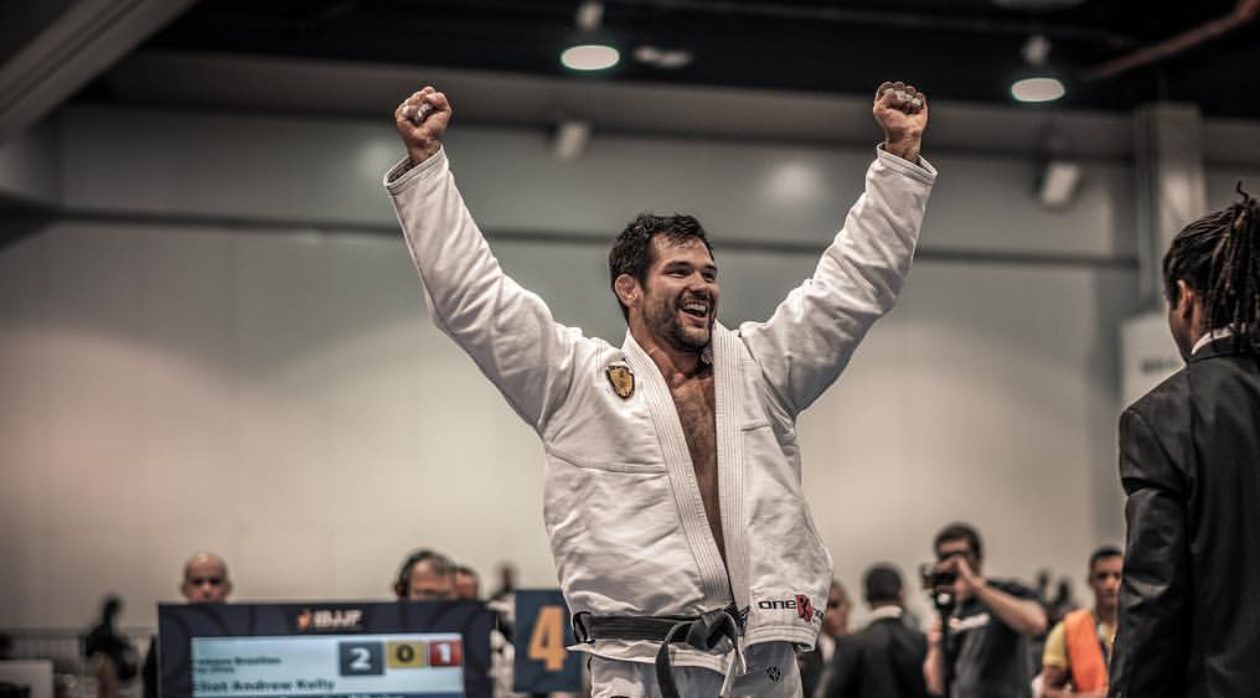
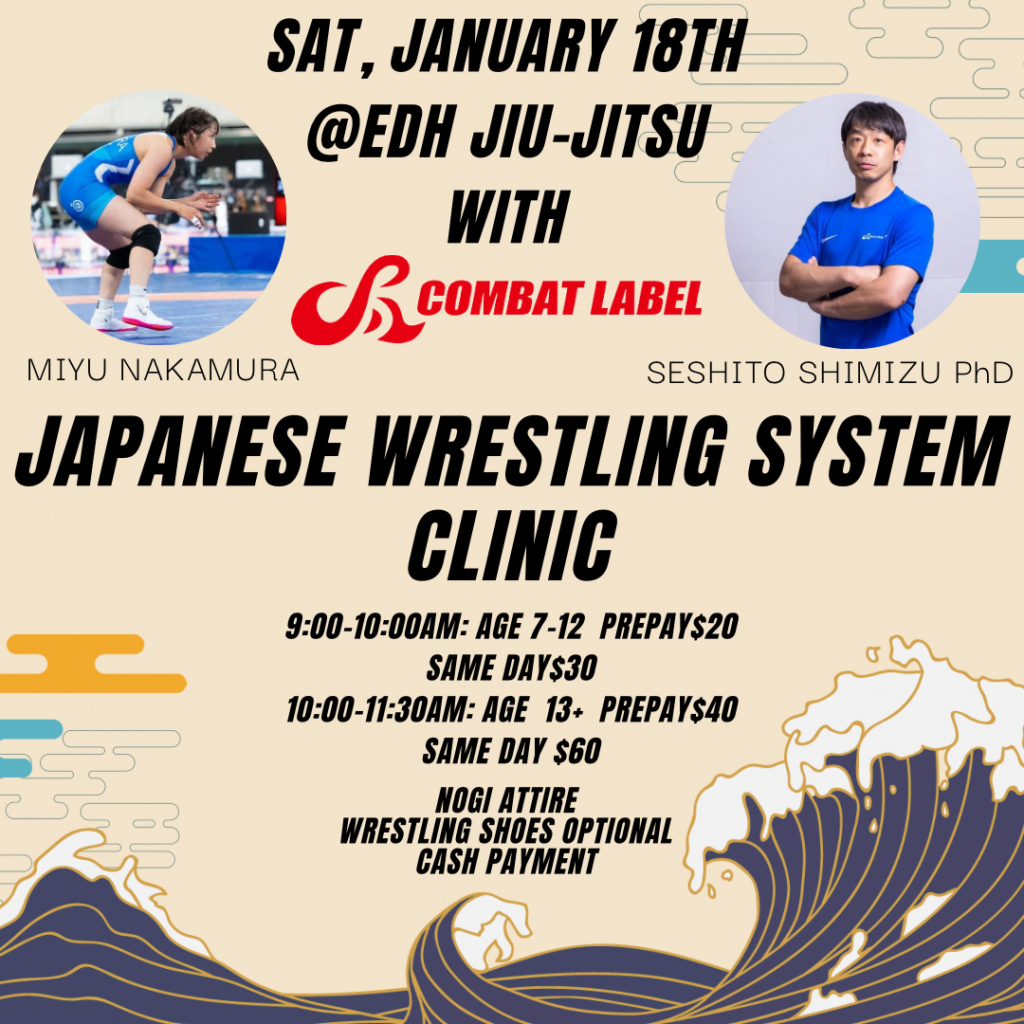
 Dr. Seshito Shimizu
Dr. Seshito Shimizu

